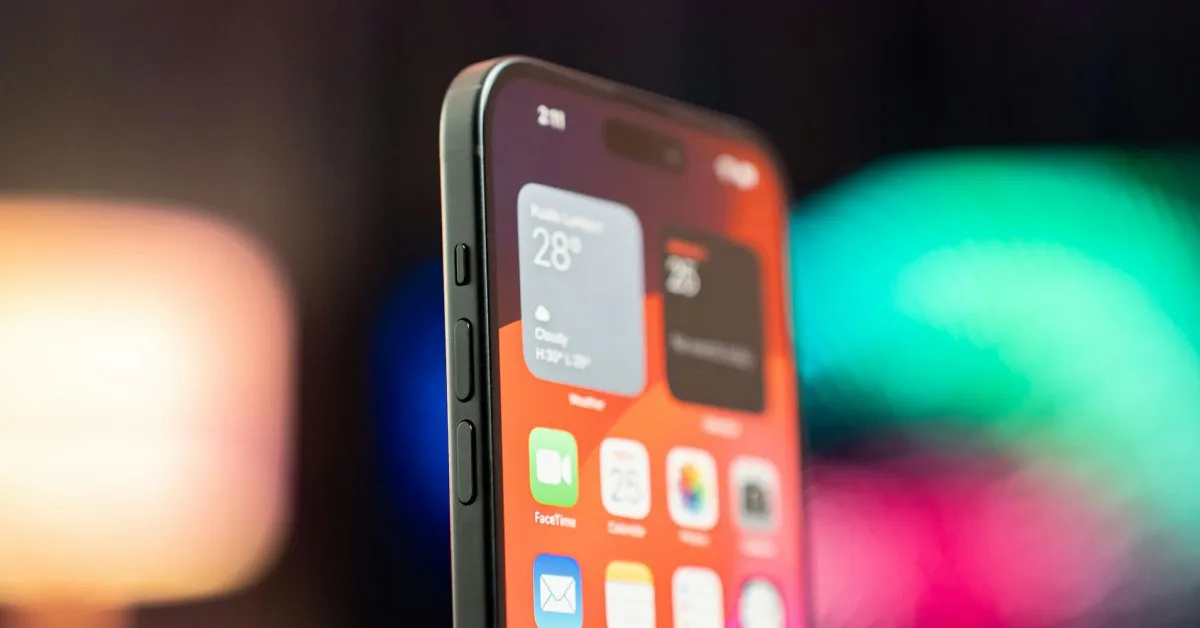
Apple's ongoing challenges with regulatory bodies have taken a new turn, as concerns mount over its partnership with Alibaba to integrate AI features into iPhones for the Chinese market. According to a report from The New York Times, government officials have expressed significant unease regarding the implications of this collaboration.
Recently, Apple unveiled Apple Intelligence, a move that included a collaboration with OpenAI to incorporate ChatGPT into its AI offerings. However, since OpenAI is unable to operate within China, Apple sought a local partner to fulfill its requirements. In recent months, the tech giant has been negotiating with several major players, including Baidu, DeepSeek, and Tencent, but ultimately decided to form a partnership with Alibaba. This decision comes as Alibaba's open-source model, Qwen, has shown impressive advancements.
Despite the significance of this partnership, Apple has yet to officially announce it. However, Alibaba's chairman has seemingly acknowledged the collaboration, raising eyebrows in regulatory circles.
Officials from the White House and the House Select Committee on China have taken a keen interest in Apple's dealings with Alibaba. They have reportedly engaged directly with Apple executives to question the nature of the commitments the company might be making under Chinese law. Lawmakers and national security experts are particularly worried that any collaboration with Alibaba could inadvertently bolster China's AI capabilities, especially if it involves access to sensitive user data or aids in refining AI models.
Representative Raja Krishnamoorthi, a prominent member of the House Intelligence Committee, expressed his alarm, labeling the deal as “extremely disturbing.” He cautioned that Apple may be inadvertently supporting a company closely linked to the Chinese Communist Party, drawing parallels to the national security concerns surrounding TikTok, which faced bans in the U.S. due to similar fears.
Adding to the urgency of the situation, Greg Allen, director of the Wadhwani A.I. Center at the Center for Strategic and International Studies, emphasized that the United States is currently engaged in an AI race with China. He stated, “We just don’t want American companies helping Chinese companies run faster.” This sentiment underscores the broader implications of tech collaborations in a geopolitically charged environment.
Behind the scenes, U.S. officials are reportedly contemplating adding Alibaba and other Chinese AI firms to a restricted list that would prevent them from engaging in partnerships with American companies. Moreover, the Department of Defense and various intelligence agencies are scrutinizing Alibaba's connections to the Chinese military, amplifying the stakes of this partnership for Apple.
As Apple navigates these complex regulatory waters, the implications of its partnership with Alibaba will likely continue to unfold, as both tech innovation and national security concerns collide.